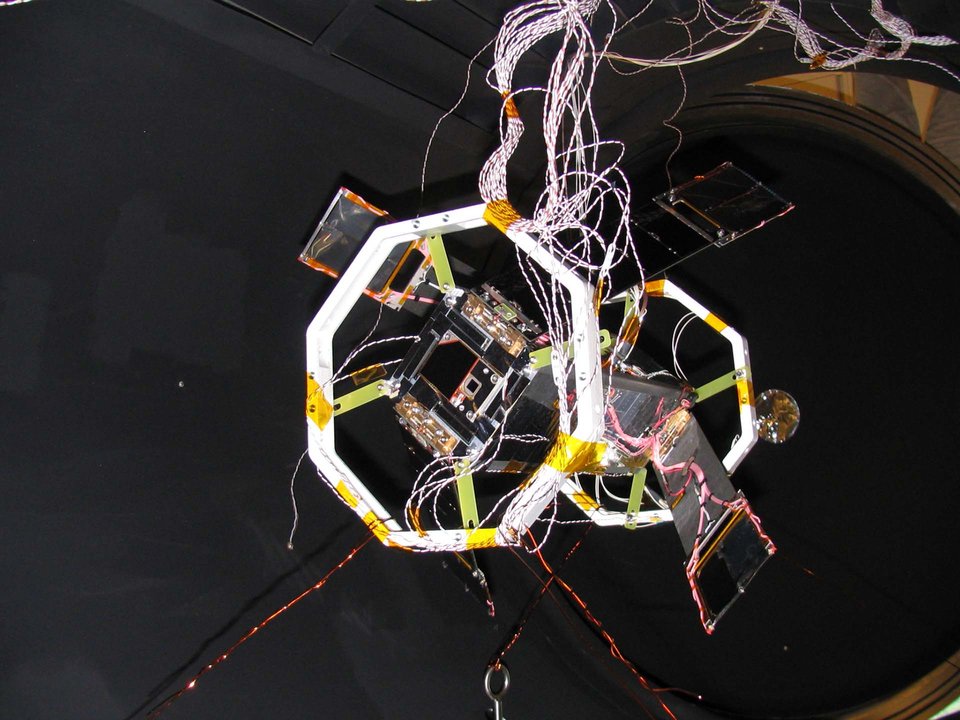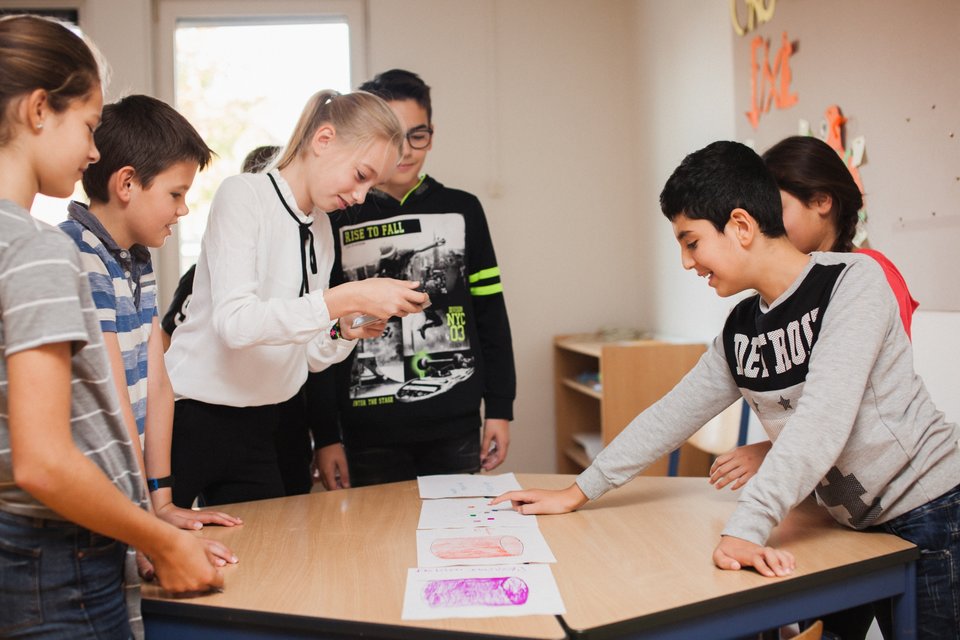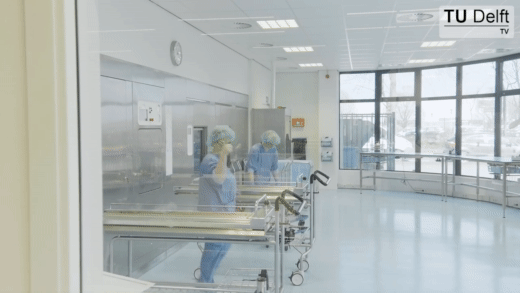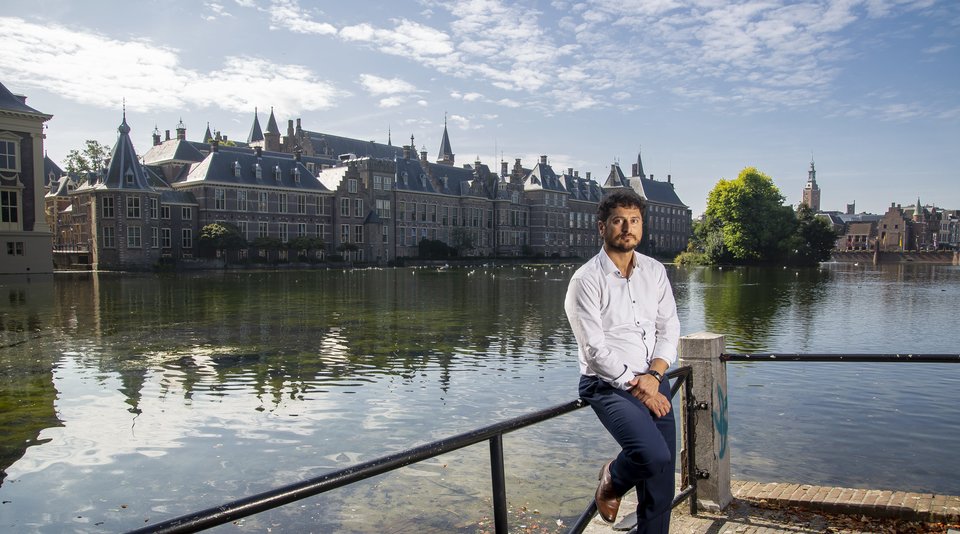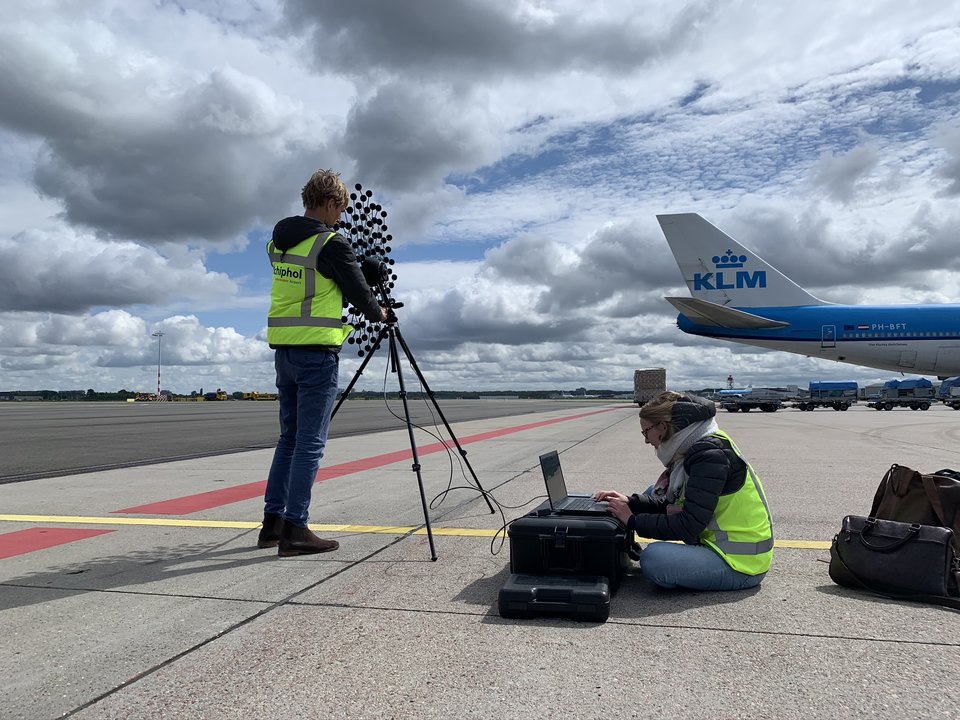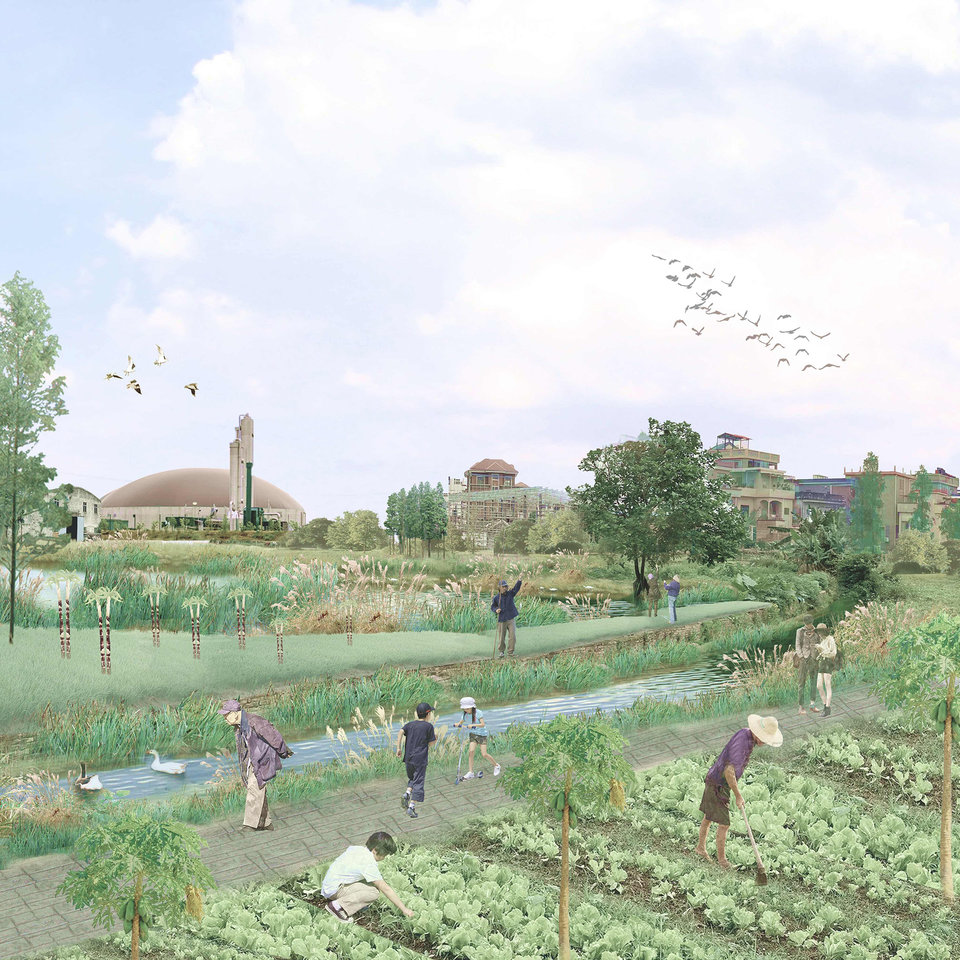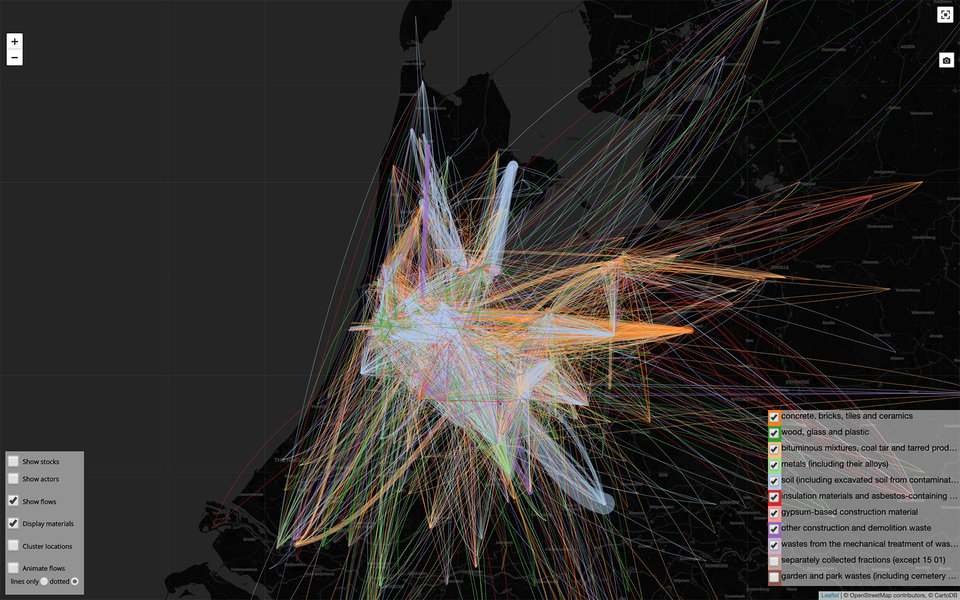How do you get drivers out of their cars? How can you make alternatives, such as public transport and cycling, attractive? ‘People who travel a lot by car develop biased views related to alternatives making them less attractive,’ says Maarten Kroesen, researcher into travel behaviour at TU Delft. His groundbreaking research into attitude and travel behaviour could help to make a difference, but it calls for some serious measures that will make car use unattractive.
Simplistic
‘The models currently being used to research travel behaviour present a simplistic view of reality. They assume that a change in attitude results in a change in behaviour, but things are much more complicated than that. But the problem is that government campaigns and policy are based on this principle,’ says Kroesen. Current policy focuses on subtle nudges that aim to bring about a positive attitude towards alternative forms of transport but this has little effect. For fifty years, the world of travel behaviour research has ignored the fact that the models researchers use are actually incomplete, because of the lack of reciprocity between attitudes and behaviour. ‘This used to irritate me every time I read a research report’, says Kroesen. Together with fellow scientist Caspar Chorus, he decided that it was time for more detailed applied research. The idea of the reciprocal relationship was first conceived in the 1970s. But this theory has never been tested. ‘Here at TU Delft, we actually did that for the first time,’ explains Kroesen. Some 1,376 respondents were questioned using state-of-the-art statistical methods.
Serious measures
The research shows that travellers adjust their attitudes and perceptions in line with behaviour and the effect is actually greater than the other way around. The findings about reciprocity are causing commotion and excitement in the field of travel behaviour research. They show that serious measures are needed to get drivers out of their cars, because influencing attitudes and perceptions alone will not do. ‘You need to ensure that different behaviour is immediately encouraged, the attitude will then change in line with the change in behaviour. For example, introducing road pricing in the form of a kilometre charge will be a much more effective incentive for people to get out of their cars than providing education and information about alternative forms of transport,’ explains Kroesen, ‘something that we all felt intuitively was the case, but that we have now been able to back up with research’.
Mobility pilot
A mobility pilot recently conducted among TU Delft staff also shows that an attractive scheme can encourage desirable travel behaviour. Employees who usually travel to work by car had the opportunity to test an e-bike or travel by public transport for an eight-week period for free. The pilot proved a great success and some people even switched permanently to an alternative form of travel. The interim report reveals that 90% of the testers want to continue to use an e-bike. Some have also purchased e-bikes to cycle to work and even sold their second cars because they are no longer needed. Even dyed-in-the-wool drivers who have been commuting to work by car for twenty years and were sceptical about e-bikes have been converted: ‘The journey time was actually not bad and the weather was okay – I also feel fitter. No longer being stuck in traffic jams is also a welcome bonus,’ said one of the participants. ‘This shows how employers can do their bit in changing travel behaviour. A tax incentive scheme for electric bikes might also prove effective,’ says Kroesen, ‘the key is to have a direct incentive to adopt the desired behaviour’.
Making progress
Kroesen is pleased to see his research contributing to models that provide a more comprehensive picture of the relationship between attitude and behaviour and how they affect each other, at least in the domain of transport. ‘Personally, what I find really exciting about my specialisation is learning to understand how behaviour comes about. Mobility also has an impact on other disciplines and that challenges you to take a broader perspective. In my case, it has really increased my enthusiasm for conducting fundamental research, but the fact that this knowledge will now enable policymakers to make real progress in encouraging sustainable travel behaviour is fantastic, of course’, insists Kroesen.
More information
Maarten Kroesen works as a researcher and associate professor in the Transport and Logistics group in the ESS department.

